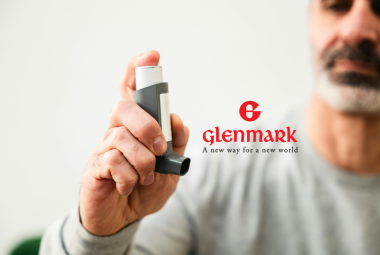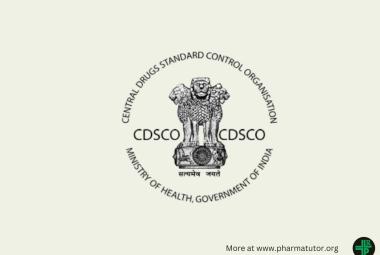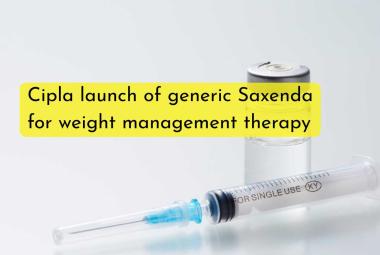
U.S. Food and Drug Administration granted accelerated approval to Trodelvy (sacituzumab govitecan-hziy) for the treatment of adult patients with triple-negative breast cancer that has spread to other parts of the body. Patients must have received at least two prior therapies before taking Trodelvy.
Trodelvy is a Trop-2-directed antibody and topoisomerase inhibitor drug conjugate, meaning that the drug targets the Trop-2 receptor that helps the cancer grow, divide and spread, and is linked to topoisomerase inhibitor, which is a chemical compound that is toxic to cancer cells. Approximately two of every 10 breast cancer diagnoses worldwide are triple-negative. Triple-negative breast cancer is a type of breast cancer that tests negative for estrogen receptors, progesterone receptors and human epidermal growth factor receptor 2 (HER2) protein. Therefore, triple-negative breast cancer does not respond to hormonal therapy medicines or medicines that target HER2.
The FDA approved Trodelvy based on the results of a clinical trial of 108 patients with metastatic triple-negative breast cancer who had received at least two prior treatments for metastatic disease. The efficacy of Trodelvy was based on the overall response rate (ORR) – which reflects the percentage of patients that had a certain amount of tumor shrinkage. The ORR was 33.3%, with a median duration of response of 7.7 months. Of the patients with a response to Trodelvy, 55.6% maintained their response for 6 or more months and 16.7% maintained their response for 12 or more months.
The prescribing information for Trodelvy includes a Boxed Warning to advise health care professionals and patients about the risk of severe neutropenia (abnormally low levels of white blood cells) and severe diarrhea. Health care professionals should monitor patient’s blood cell counts periodically during treatment with Trodelvy and consider treatment with a type of therapy called granulocyte-colony stimulating factor (G-CSF), which stimulates the bone marrow to produce white blood cells called granulocytes and stem cells and releases them into the bloodstream, to help prevent infection, and should initiate anti-infective treatment in patients with febrile neutropenia (development of fever when white blood cell are abnormally low).
Additionally, health care professionals should monitor patients with diarrhea and give fluid, electrolytes, and supportive care medications, as needed. Trodelvy may need to be withheld, dose reduced or permanently discontinued for neutropenia or diarrhea. Trodelvy can cause hypersensitivy reactions including severe anaphylactic (allergic) reactions. Patients should be monitored for infusion-related reactions and health care professionals should discontinue Trodelvy if severe or life-threatening reactions occur. If patients experience nausea or vomiting while taking Trodelvy, health care professionals should use antiemetic preventive treatment, to prevent nausea and vomitting. Patients with reduced uridine diphosphate-glucuronosyl transferase 1A1 (UGT1A1) activity are at increased risk for neutropenia following initiation of Trodelvy treatment.
Women who are pregnant should not take Trodelvy because it may cause harm to a developing fetus or newborn baby. The FDA advises health care professionals to inform females of reproductive age to use effective contraception during treatment with Trodelvy and for 6 months after the last dose. Male patients with female partners of reproductive potential should also use effective contraception during treatment with Trodelvy and for three months after the last dose.
The FDA granted approval of Trodelvy to Immunomedics, Inc.













